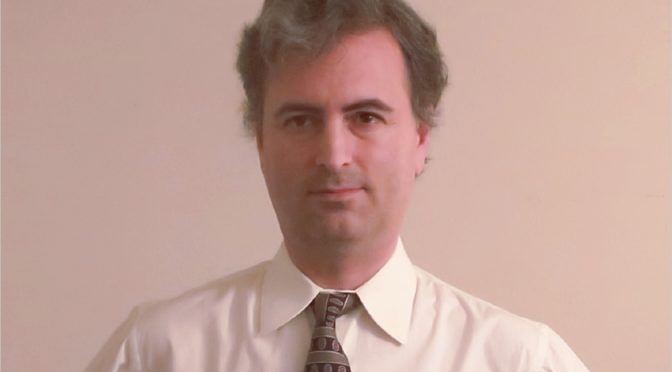TLCQ 2018: Kevin Nelson
In the Eighth installment of the 2018 Texas Leftist Candidate Questionnaire, we hear from Kevin Nelson, candidate for U.S. House, Texas' 10th Congressional District.
Please note: Responses have been received directly from the candidate, and have been posted ver batim from the email received. This is done out of fairness to all candidates. Publishing these … Continue Reading ››
